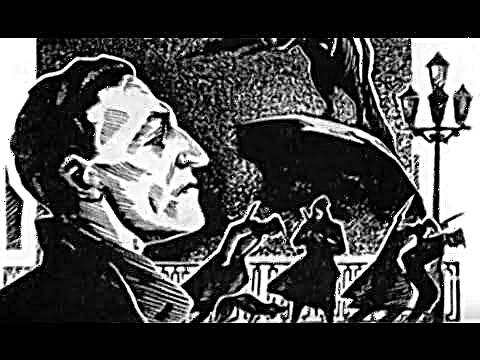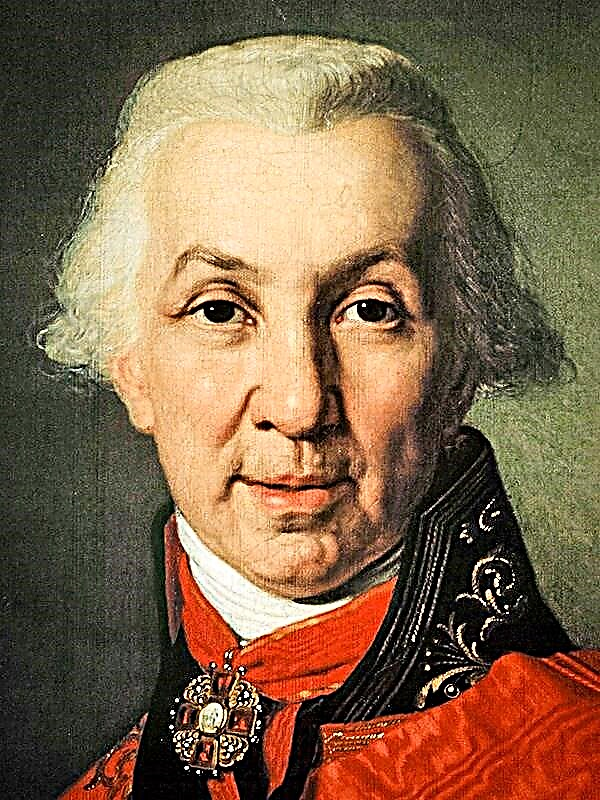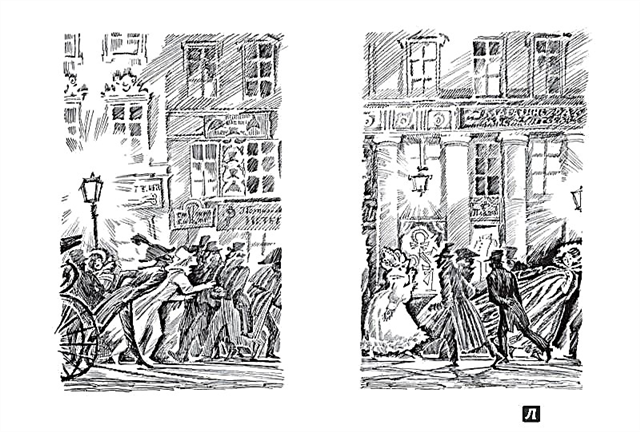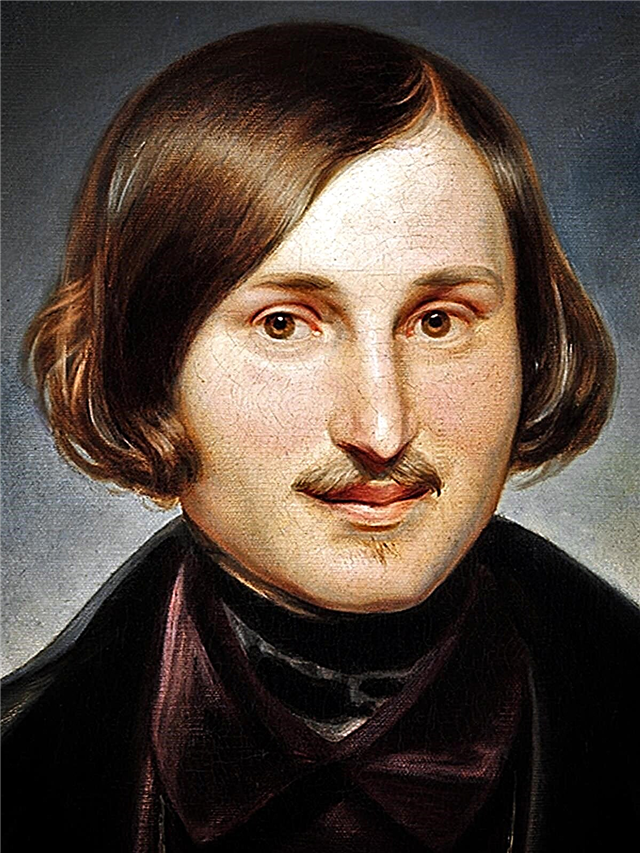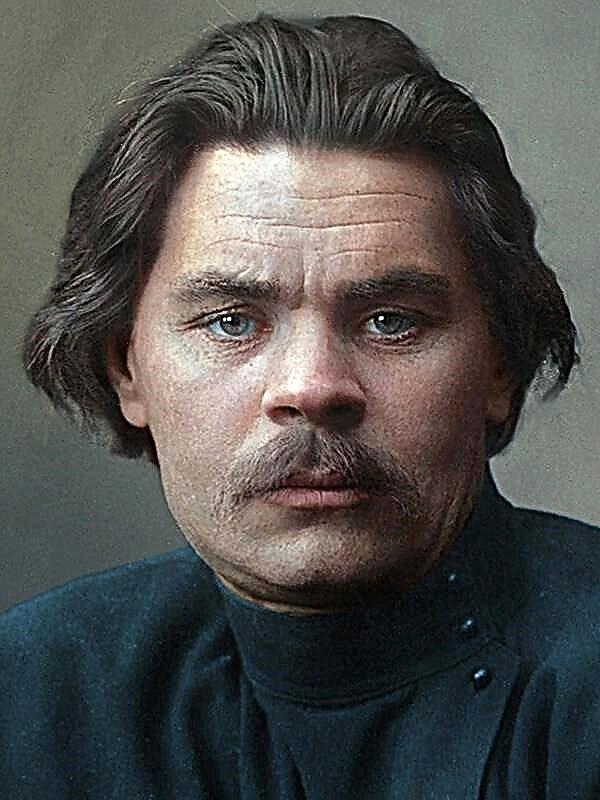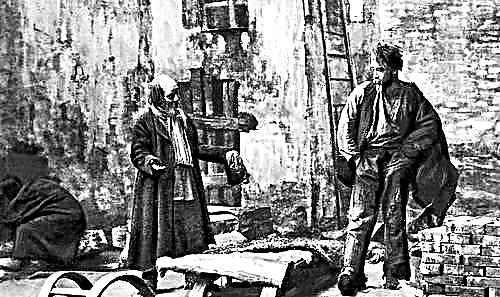Indifference is a state when it is not important for a person what is happening around, what are the problems of others. Why does a person become indifferent and indifferent? Many writers tried to answer this question. I believe that people simply find in this state the opportunity to do whatever they want, regardless of the opinions of their surroundings. Perhaps this is their protective reaction from the pangs of conscience and remorse.
Pavel Ivanovich Chichikov, the hero of the poem N.V. Gogol's "Dead Souls", is distinguished by indifference to everything in the world, except for profit and welfare. He is ready to fool and serve everyone, to commit vile acts for the sake of his own advancement, and others, all who cannot contribute to him, are empty, unimportant people. But the root of evil is the childhood of the hero. Chichikov was born in a poor family, his father from childhood taught him to serve, save, not give in to noble impulses. Only in this way can success be achieved. Nobody really loved the boy, and he himself is not capable of this. This is the reason for his indifference in adulthood.
Grigory Alexandrovich Pechorin, the hero of the novel M.Yu. Lermontov's “Hero of our time”, represented by an indifferent person who does not care about the feelings of others, he only wants to dispel his boredom. However, he was not to blame for his tragedy: 19th-century society bears no less responsibility. He is poisoned by secular pleasures, idleness, characteristic of the higher circles of the nobility. The hero longed for activity, but it was not there, longed for love and friendship, and he was deceived. Indifference for him is protection from the outside world, from secular lies and meanness.
We can conclude that not always indifferent people deserve unconditional condemnation. Often life circumstances lead them to a similar worldview. However, we, readers, need to learn from the mistakes of heroes and try to go against circumstances that set us up for indifference.


